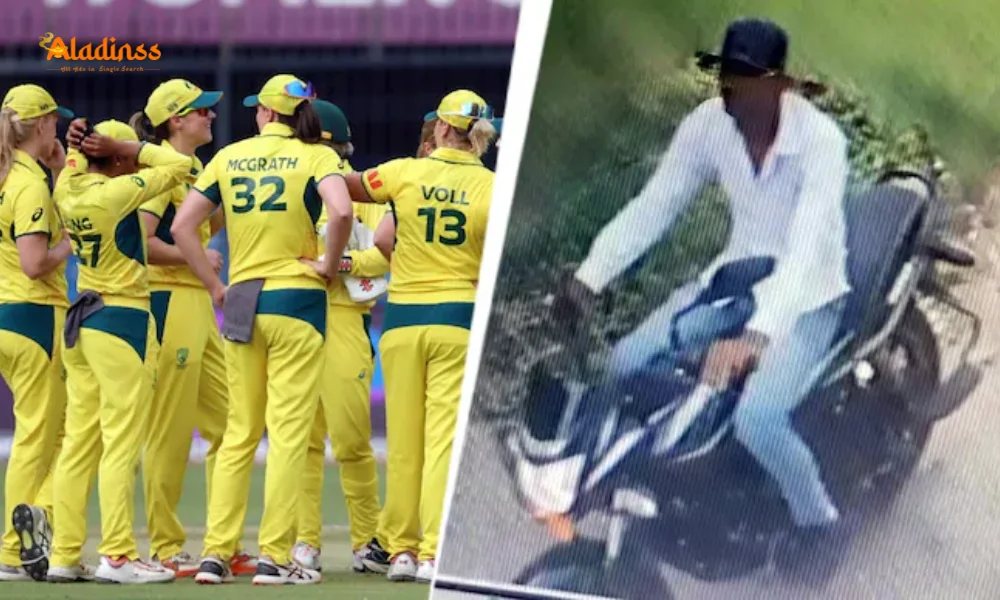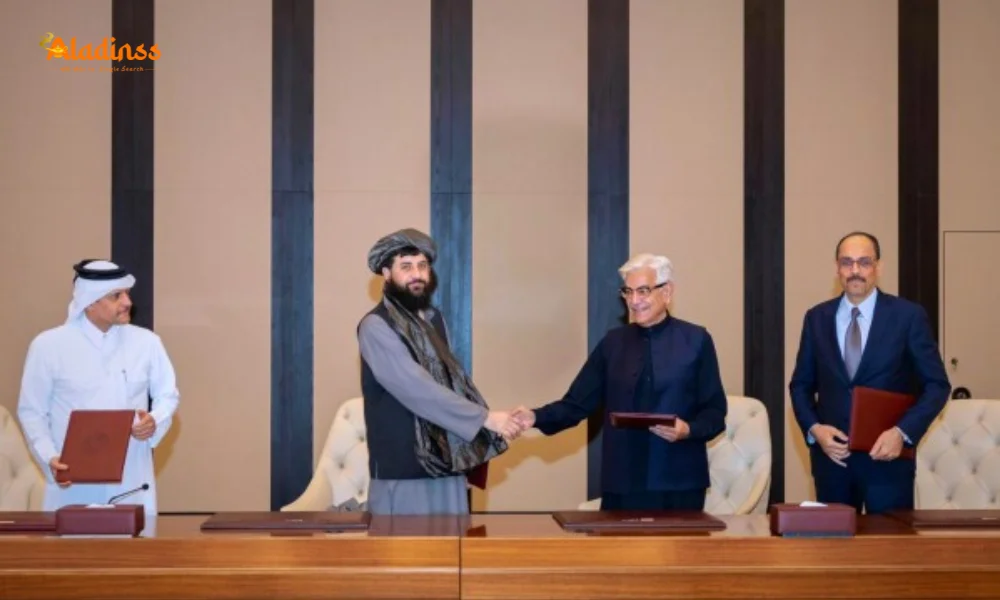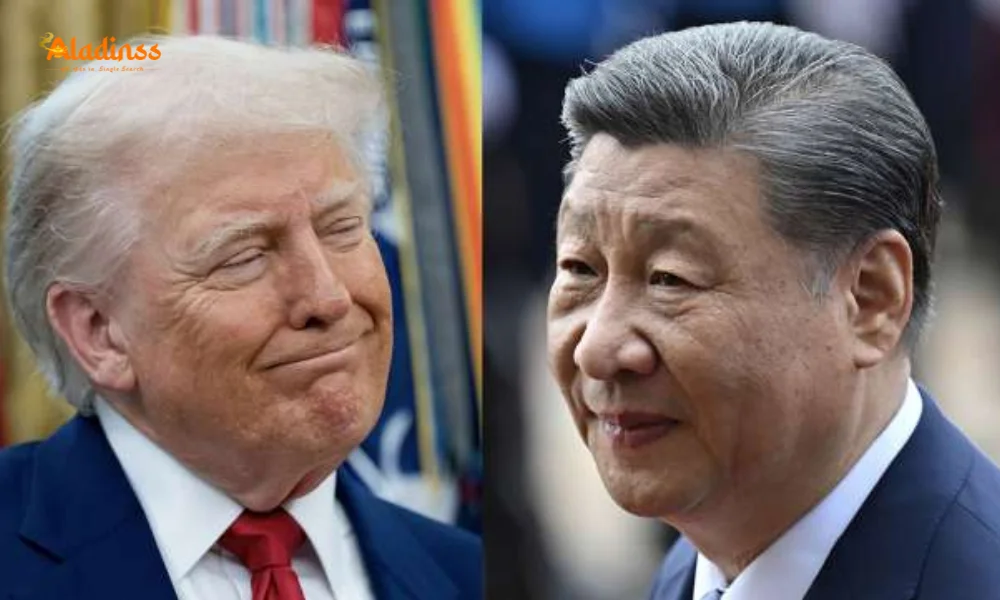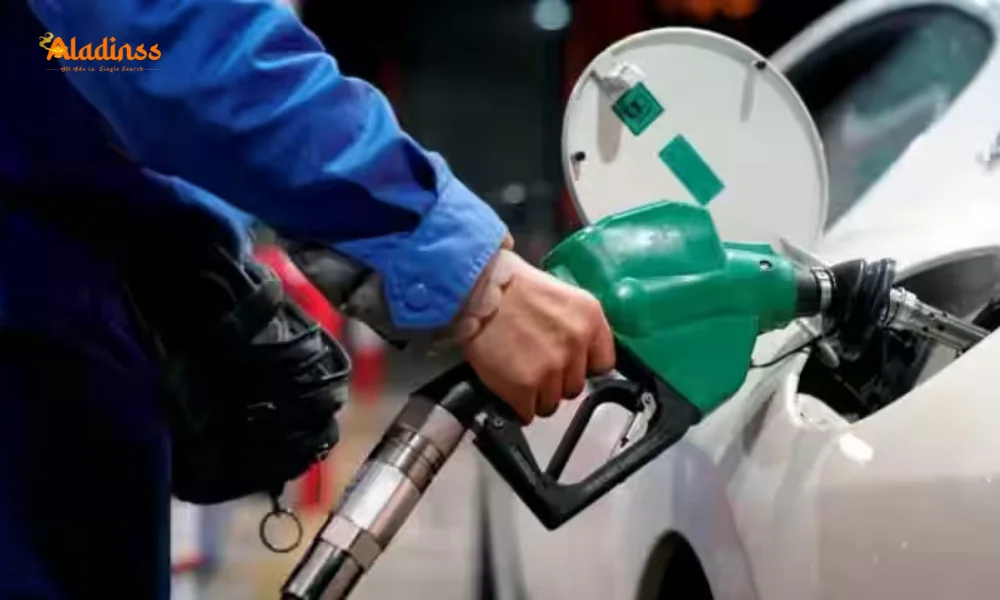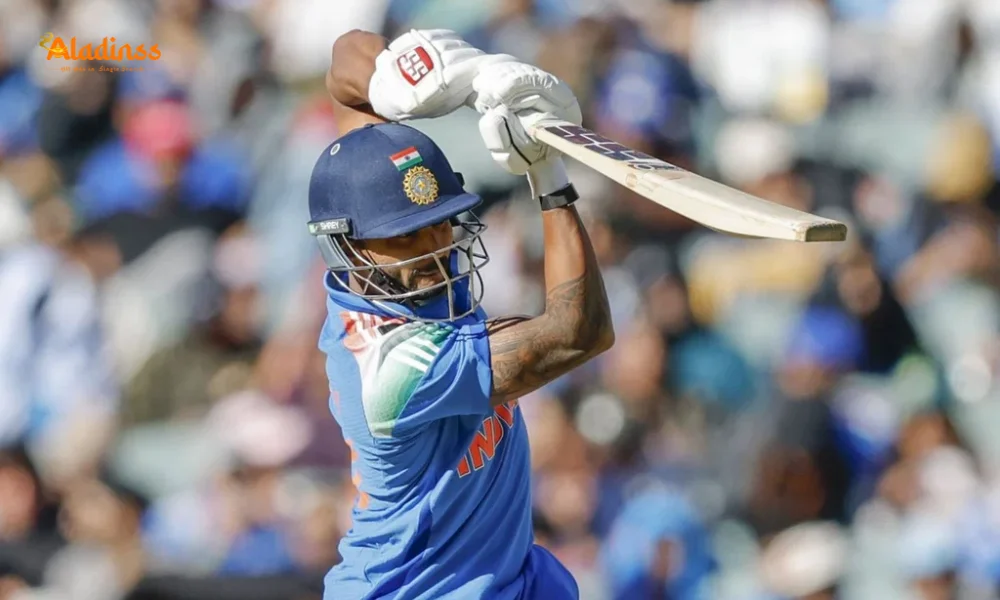Indian Tourist’s Plea Amid Nepal Gen Z Protests
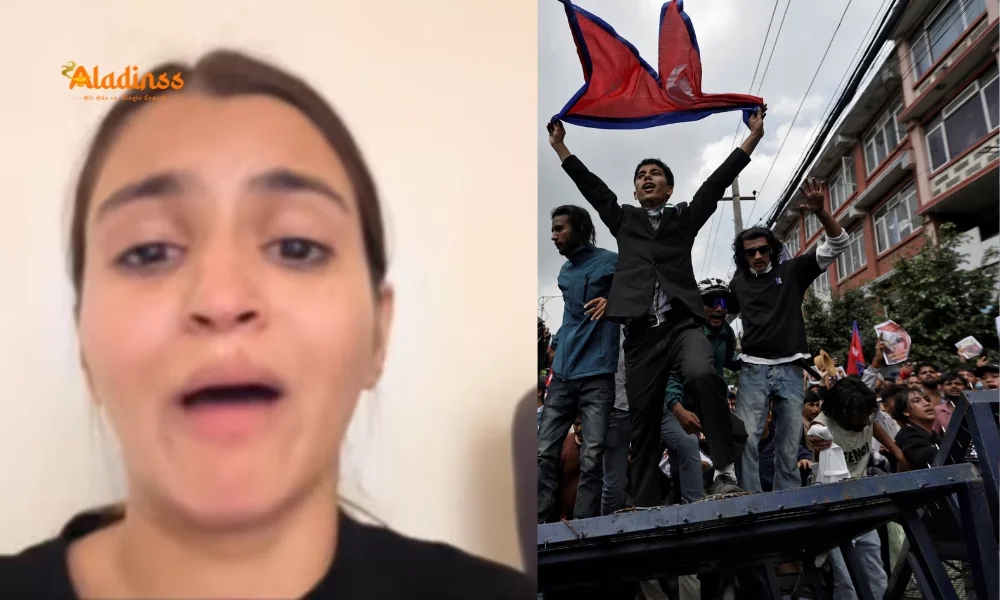
Indian Tourist Upasana Gill’s Desperate Plea Amid Nepal’s Gen Z Protests
On September 10, 2025, a distressing video surfaced from Pokhara, Nepal, showing Indian tourist Upasana Gill appealing for urgent assistance from the Indian government as violent Gen Z protests engulfed the city. This breaking news report details the chaotic situation in Nepal, where protesters set fire to the hotel where Gill was staying, forcing her to flee for her life from a mob wielding sticks. The protests, initially sparked by a social media ban, have escalated into a broader movement against alleged government corruption, leaving tourists like Gill stranded and fearful. The Indian Embassy in Kathmandu has issued an advisory urging nationals to defer travel and seek shelter, while the Nepal crisis continues to unfold.
Gill, who was in Pokhara to organize a volleyball league, described a harrowing escape after her hotel was torched during the protests. The unrest, led by Nepal’s Gen Z youth, has targeted government buildings, politicians’ residences, and even tourist areas, with at least 24 deaths and thousands injured reported across the country. The situation has prompted an exodus of Indian tourists from Nepal, with many, including senior citizens, returning home via the India-Nepal border at Sonauli, Uttar Pradesh. This latest development highlights the growing challenges for Indian nationals caught in the turmoil and the urgent need for diplomatic intervention.
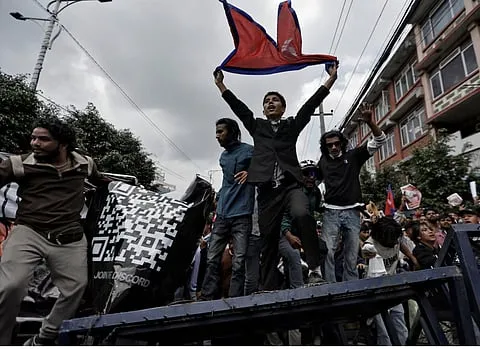
Upasana Gill’s Plea for Help
In her emotional video appeal, Upasana Gill detailed the terrifying ordeal she faced in Pokhara, a popular tourist destination in Nepal. “My name is Upasana Gill, and I am sending this video to Praful Garg. I request the Indian embassy to please help us. All those who can help us, please help. I am stranded here in Pokhara, Nepal. I had come here to host a volleyball league, and currently, the hotel where I was staying has been burned down,” she said. Gill recounted being at a spa when the protests erupted, with protesters setting fire to her hotel and chasing her with large sticks, forcing her to flee for safety.
Gill’s video, widely circulated on social media, painted a grim picture of the situation in Pokhara, where fires were set on roads and public spaces. “The situation here is very bad. Fires are being set on roads everywhere. They are not sparing tourists here. They don’t care if someone is a tourist or if someone has come here for work,” she added. Stranded with others in an alternate hotel, Gill pleaded for the Indian embassy to intervene, highlighting the fear and uncertainty faced by tourists amidst the escalating violence. Her appeal has drawn significant attention, underscoring the plight of Indian nationals caught in Nepal’s unrest.
Context of Nepal’s Gen Z Protests
The Gen Z protests in Nepal, which began as a response to a government-imposed ban on social media platforms, have rapidly evolved into a broader movement against Prime Minister KP Sharma Oli’s administration. Triggered by public frustration over alleged corruption and apathy toward common citizens, the protests have seen students and youth storm government buildings, including the parliament and Supreme Court, and set fire to the residences of high-profile leaders. The unrest led to Oli’s resignation on September 9, 2025, following two days of intense demonstrations that claimed at least 24 lives and injured thousands.
The protests, initially centered in Kathmandu, spread to cities like Pokhara, where Upasana Gill was caught in the chaos. Demonstrators, chanting slogans like “KP Chor, Desh Chhod” (KP thief, leave the country), have targeted symbols of government authority, including media houses and jails, with reports of 900 prisoners escaping from Pokhara and Nakhu jails after protesters set parts of the facilities ablaze. The violence has not spared tourists, as Gill noted, with mobs showing little regard for whether individuals are locals or visitors, creating a dangerous environment for all.
Indian Embassy’s Response and Advisory
The Indian Embassy in Kathmandu has responded swiftly to the crisis, issuing an advisory urging Indian nationals to defer travel to Nepal until the situation stabilizes. The advisory, shared via social media, provided emergency contact numbers for those requiring assistance: +977-980-860-2881 and +977-981-032-6134, both accessible via WhatsApp. The embassy emphasized the need for Indian citizens in Nepal to shelter in their current places of residence, avoid public spaces, and follow local safety guidelines issued by Nepali authorities.
The Ministry of External Affairs (MEA) echoed the embassy’s guidance, advising Indian nationals to exercise caution and refrain from venturing onto the streets. “In view of the developing situation in Nepal, Indian citizens are advised to defer travel there until the situation has stabilized. Indian citizens presently in Nepal are advised to shelter in their current places of residence, avoid going out onto the streets and exercise all due caution,” the MEA stated. This response reflects India’s commitment to ensuring the safety of its citizens amidst the unprecedented unrest in Nepal.
Impact on Indian Tourists
The escalating protests have significantly disrupted travel plans for Indian tourists in Nepal, a popular destination for cultural and religious tourism. At the India-Nepal border in Sonauli, Uttar Pradesh, an influx of Indian tourists has been reported, with many cutting short their trips due to the violence. Pramila Saxena, part of a group of 60 senior citizens from Bhopal, shared her experience with news agency ANI, stating, “We were going to Pashupatinath Temple in Nepal, but our flight was cancelled. The situation is tense there. We are not being allowed to cross. The airport is closed, so we are returning from the airport.”
Another tourist, Ashok, recounted a similar ordeal: “We were going to Kathmandu, to Pashupatinath Temple. But the flight was cancelled. We stayed in a lodge overnight and now we are returning home.” The closure of Tribhuvan International Airport in Kathmandu, cited due to security concerns and smoke from nearby protests, has further stranded tourists, with all flights suspended since September 9, 2025. These disruptions highlight the broader impact of the protests on Nepal’s tourism industry, a key economic driver for the country.
Nepal’s Response and Calls for Peace
Nepal’s President Ram Chandra Paudel has appealed for calm, urging protesters to pursue a peaceful resolution through dialogue. In a statement on September 9, 2025, Paudel called on citizens to engage in discussions to address grievances, emphasizing the need to prevent further loss of life and property. The Nepali Army, led by General Ashok Raj Sigdel, has been deployed to maintain order, with troops taking control of security in Kathmandu from 10:00 PM on September 9. Sigdel expressed sorrow over the damage to public property and extended condolences to the families of those killed in the protests.
Kathmandu’s Mayor, Balendra Shah, also urged demonstrators to exercise restraint, noting that Prime Minister Oli’s resignation addressed a key demand of the protests. However, the unrest has continued in several cities, with reports of vandalism and arson targeting government and private properties. The lifting of the social media ban on September 8, 2025, has done little to quell the protests, as public anger over corruption and governance issues persists, creating an ongoing challenge for Nepal’s authorities.
Broader Implications for India-Nepal Relations
The crisis in Nepal has significant implications for India-Nepal relations, given the close ties between the two nations. Prime Minister Narendra Modi described the violence as “heart-wrenching,” appealing to Nepali citizens to restore peace and stability. India’s Ministry of External Affairs is closely monitoring the situation, with the embassy in Kathmandu coordinating efforts to assist stranded nationals. The closure of border routes, such as the Kakarvitta-Panitanki crossing near Siliguri, has disrupted trade, with approximately 200 cargo trucks stranded due to road blockades and protests.
The situation has also prompted Indian states like Karnataka to take action, with Chief Minister Siddaramaiah directing officials to ensure the safe return of 39 Kannadigas stranded at Kathmandu’s airport. As the protests continue, India faces the challenge of balancing diplomatic support for Nepal’s stability with the urgent need to protect its citizens. The events in Pokhara and Kathmandu underscore the broader regional impact of Nepal’s unrest, with potential consequences for tourism, trade, and bilateral cooperation.
Comment / Reply From
No comments yet. Be the first to comment!
